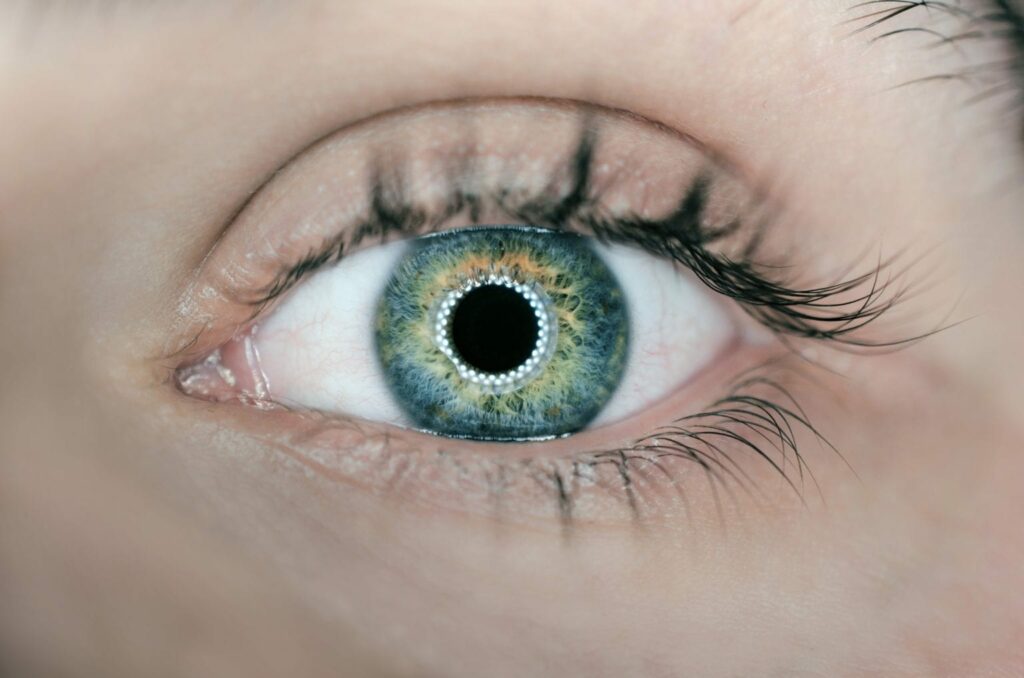
As we age, our vision is one of the most recognizable changes our bodies experience. Included in a long list of other issues, cataracts are a frustrating and debilitating issue that affects many aging men and women.
Most cataracts develop when we age or an injury changes the tissue in our eye lens, which causes a cloudy appearance to the eye and can dramatically affect your vision.
According to data from the National Eye Institute, 38.8% of men and 45.9% of women older than 74 have visually significant cataracts.
What causes cataracts?
In addition to the aging process, cataracts can also be caused by any of the following:
- Medication: Corticosteroids to reduce inflammation (such as prednisone)
- Physical injury or trauma: A blow to the eye, a cut or puncture, chemical burns, or electric shock
- Radiation: Long-term exposure to ultraviolet radiation from the sun (both UVA and UVB); in addition, radiation used to treat certain types of head and neck cancers can cause cataracts to develop.
- Poor nutrition: Diets that are deficient in antioxidants, such as beta-carotene (vitamin A), selenium, and vitamins C and E;
- Smoking and second-hand smoke: Individuals who smoke 20 or more cigarettes a day have twice the risk of nonsmokers for developing cataracts.
- Systemic diseases, such as diabetes and diabetic retinopathy
- Eye diseases, such as uveitis, which is an inflammatory process that affects the interior of the eye
- Cataracts can also be inherited or congenital (from birth).
People who have cataracts describe the condition as similar to looking through a frosty or fogged-up window.
Living with cataracts can be extremely frustrating and dangerous to the most basic activities, like driving, reading, and exercising – especially at night.
What are the symptoms of cataracts?
Signs and symptoms of cataracts include:
- Clouded, blurred or dim vision
- Increasing difficulty with vision at night
- Sensitivity to light and glare
- Need for brighter light for reading and other activities
- Seeing “halos” around lights
- Frequent changes in eyeglass or contact lens prescription
- Fading or yellowing of colors
- Double vision in a single eye
Can Cataracts be cured?
Cataracts can’t be cured but they can be treated. Your doctor may recommend a series of lifestyle changes to help manage cataracts, but surgery may be necessary to remove the clouded lens.
If you are experiencing symptoms like the ones listed above, make an appointment with us right away to determine if surgery is the right course of action.
We have long-lasting relationships with the most trusted cataract surgeons in the region and would be happy to assist you in finding the best surgeon for you. Plus, we will make sure we provide you with the best eye health care before and after the surgery.
